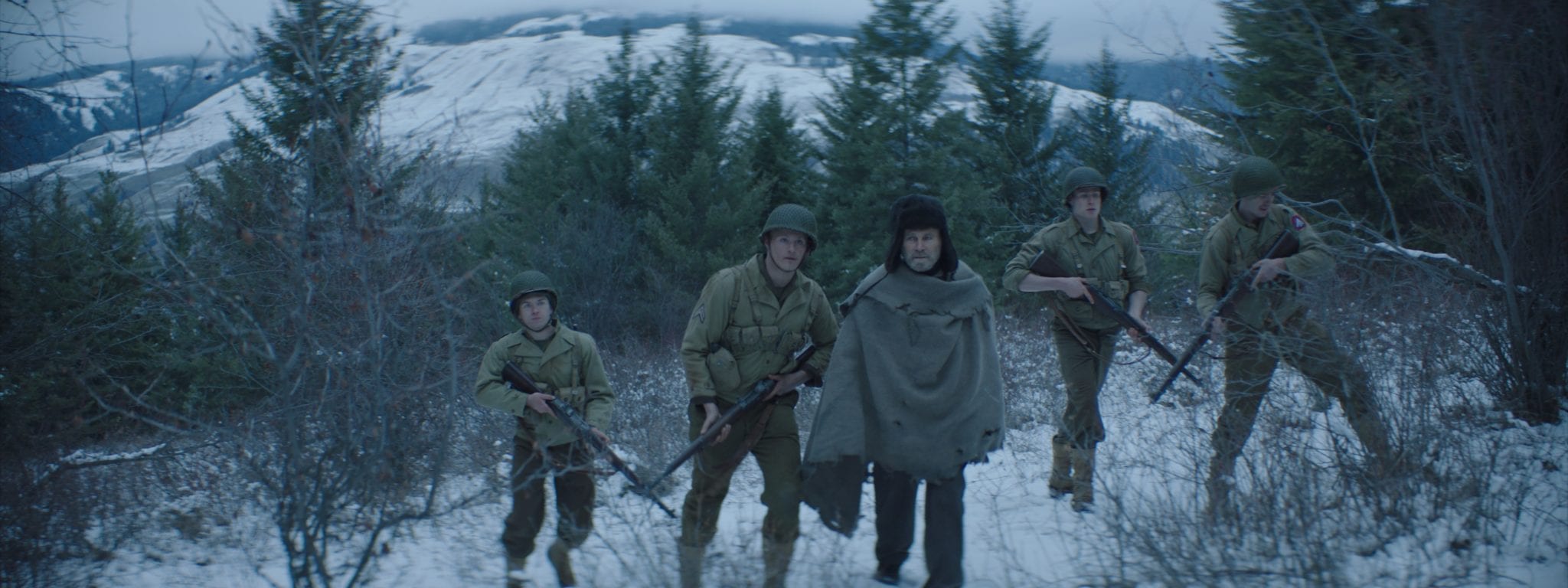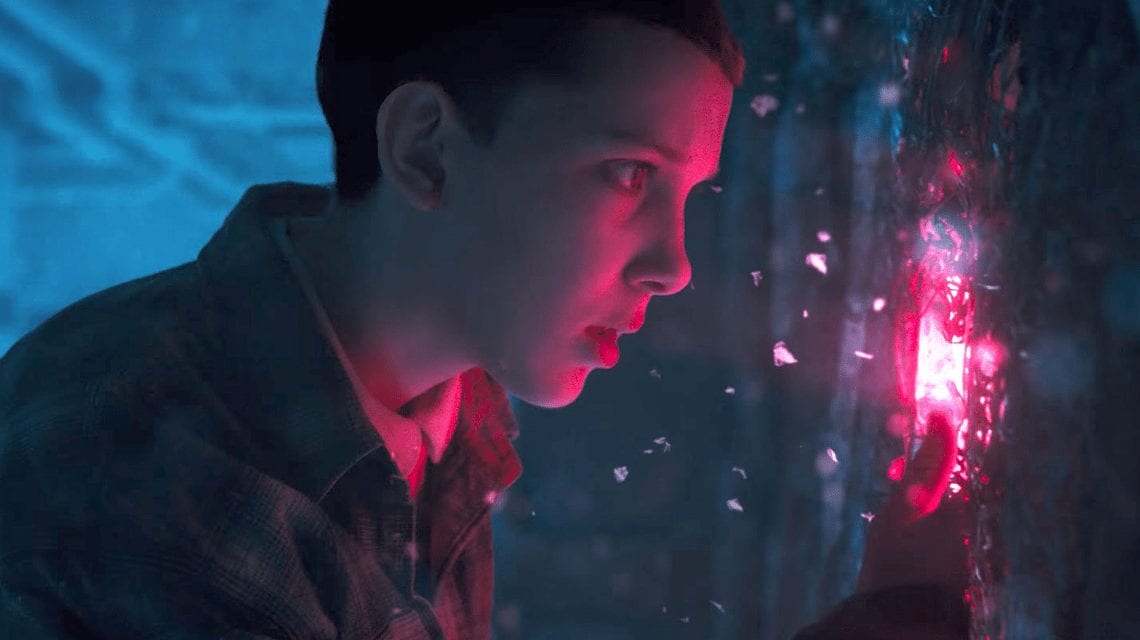
Slamdance 2022 – More shorts (including some award winners)
Yes, there are more films to cover from Slamdance, especially short films, so let?s catch up on some of them. The festival awards have been announced, and I note some of the winners here. Little Berlin (15 minutes), directed by Kate McMullen, is based on a true story. When Germany was divided after World War…




